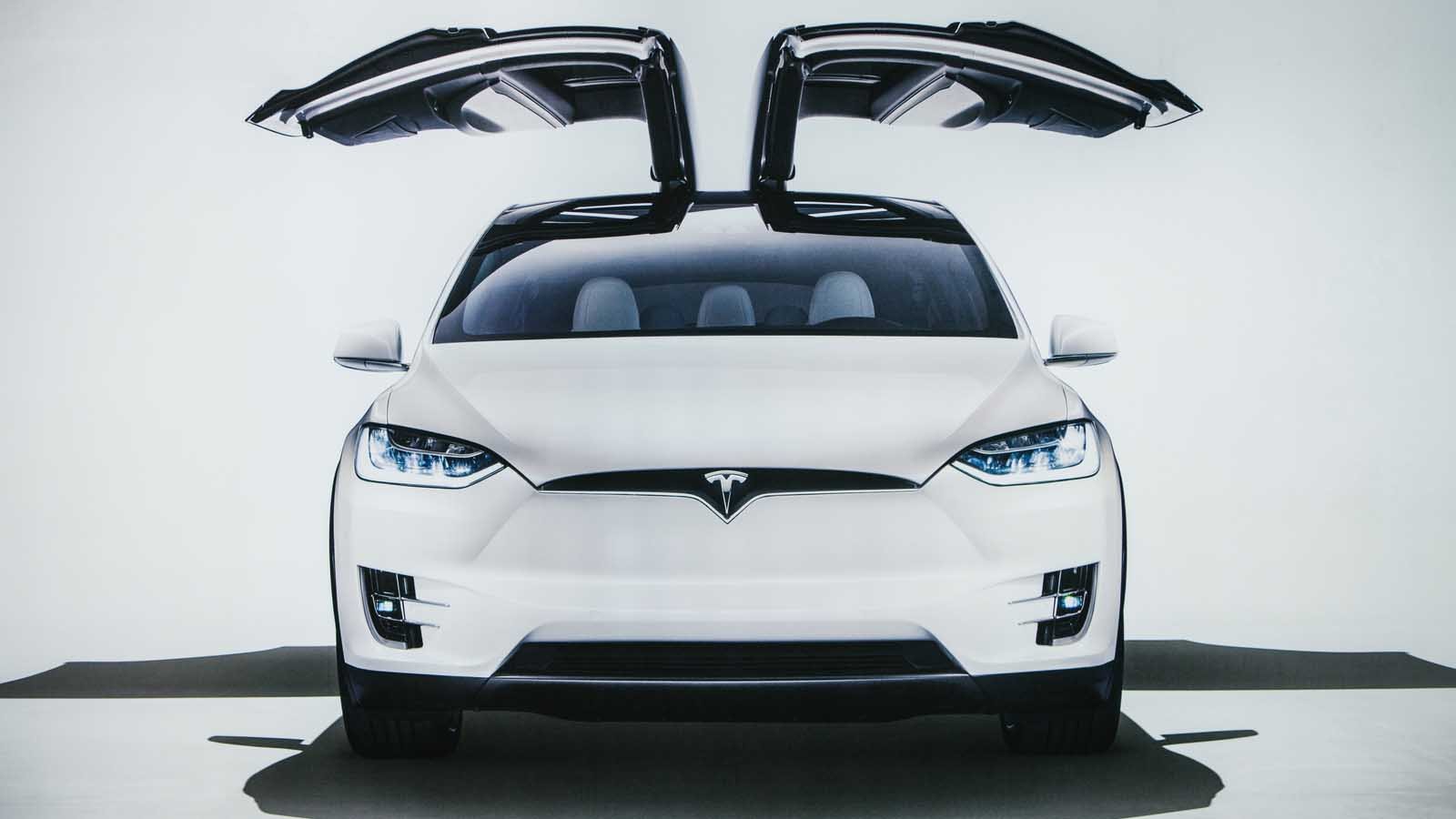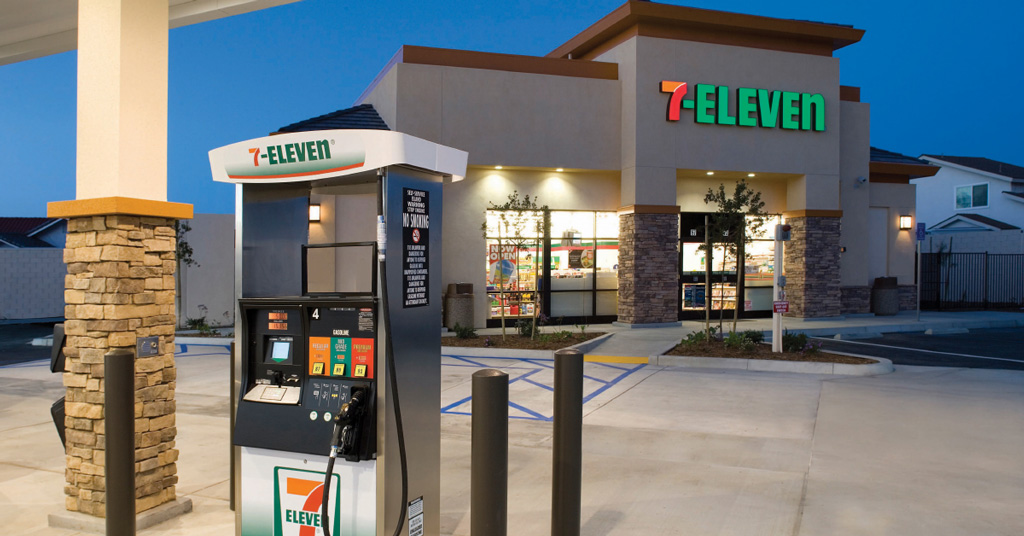TSLA Stock Analysis: 3 Innovations That Will Make Tesla the First $10 Trillion Company


Source: franz12 / Shutterstock.com
Tesla (NASDAQ:TSLA) stock has received several Wall Street downgrades in the past month, with some previously bullish analysts issuing lower price targets over production and competition concerns. However, Wright’s Research sees significant potential for the EV leader. The firm believes Tesla can become the world’s first company worth $10 trillion.
This positive report comes at a good time for TSLA stock. Yesterday, shares rose after CEO Elon Musk threatened to pull out of an acquisition deal for Twitter (NYSE:TWTR). Today, shares are barely in the green. TSLA stock rose early this morning, but shares have been turbulent since as they struggle to recover from a recent layoffs announcement.
Let’s take a look at what this latest bull thesis would mean for TSLA stock.
TSLA Stock Analysis: 3 Key Innovations
Wright’s Research isn’t telling investors to disregard the EV component behind TSLA stock. But the firm does believe Tesla’s other innovations will play a big role in its growth. There’s one particular sentiment at the center of the report; no one should see Tesla as “just a car company.”
According to the firm, three key areas will help drive Tesla toward $10 trillion.
1. EV Market Scalability, Decreasing Battery Costs:
Wright’s Research is impressed with Tesla’s EV component, despite recent production constraints. The firm says that, as the total car market grows at a compound annual growth rate (CAGR) of 3.5% between 2020 and 2030, “the total car market is expected to reach 90M units per year.” However, while some forecast 50% penetration of the EV market by 2030, Wright’s predicts closer to 60%. The firm believes falling battery costs — a result of continued innovation — will help increase EV adoption.
Wright’s sees significant scalability for the EV sector, specifically for Tesla. It predicts that the “initial purchase cost of an EV will be the same as that of a regular gasoline car” by 2023. If the firm’s 60% penetration estimate holds, 54 million out of 90 million units hitting the market will be electric. So, along with its 20% EV market share, Tesla also stands to gain a 12% share of the total car market.
2. Fully Autonomous Vehicles:
Wright’s also believes Tesla may receive future regulatory approval for fully automated vehicle sales. The research firm says this kind of development would “radically” change its outlook:
“In that case, Tesla could drastically lower its ASP to sell/ deploy many autonomous vehicles, and lower the cost of ownership because owners would be able to generate income from their car when they are not using it, provided they are willing to run it on Tesla’s autonomous taxi network.”
This future seems far off. But passive income from autonomous vehicles would certainly help boost sales as well as TSLA stock. Wright’s also notes that Tesla would be able to offer a better insurance price due to its data collection advantage. The firm says, “The combination of EVs and autonomy could reduce the cost per mile of cars to 25 cents, or half the cost of a passenger car.”
3. Data Collection, AI and Optimus:
Finally, Wright’s highlights the power of Tesla’s extensive data collecting in its report. The firm sees this as a hidden asset TSLA stock investors shouldn’t overlook:
“The amount of data that Tesla has been able to collect over the past 7+ years, over billions of miles driven and ridden in tens of thousands of cars, gives them a light-years head start on the competition, which is only now beginning to collect data and explore fully self-driving cars.”
The research firm also sees value in Tesla’s innovations in artificial intelligence (AI). Its EV component could potentially generate millions in revenue once its full-self driving (FSD) technology is fully approved. But the firm also notes that Tesla’s AI advances have broader applications. Specifically, although updates on the humanoid robot have been delayed, Wright’s believes Optimus has tremendous potential to disrupt job markets. This forecast is similar to Elon Musk’s prediction that Optimus will eventually be “worth more than the car business.”
On the date of publication, Samuel O’Brient did not hold (either directly or indirectly) any positions in the securities mentioned in this article. The opinions expressed in this article are those of the writer, subject to the InvestorPlace.com Publishing Guidelines.








